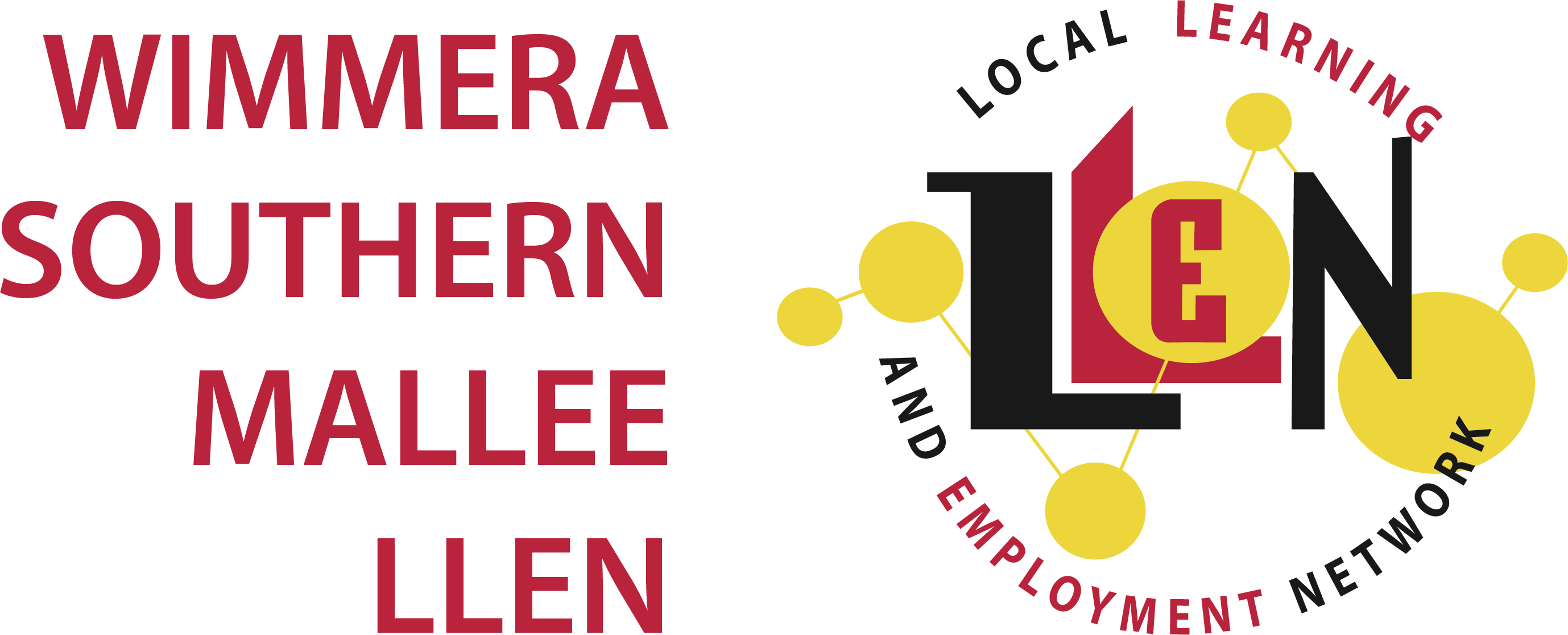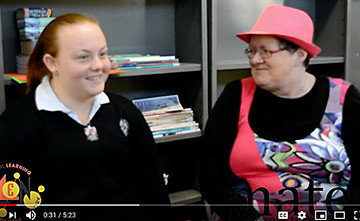Mandy and Zarnia – Their Story
Sam caught up with Mandy and Zarnia to discuss their experience with the MATES Program at Dimboola Memorial Secondary College. See below a video of their story and transcript.
What is the MATES program and what have you got out of it?
M: The MATES mentoring program to me was an opportunity to help a younger person within my community and I was introduced to Zarnia and I feel like her big sister now and hopefully that’s how she feels too.
Z: MATES Mentoring to me is an opportunity I get to communicate with someone in the community and open up to someone else that’s not just family and friends. I get to talk to someone else.
M: and get a different perspective
Why did you sign up?
M: It was introduced to me through a friend of mine, she asked if I would be interested in doing it, I do a lot of other volunteering within the community. When she said it was helping a young person up at the high school I thought I could get into that. I have a lot of compassion and understanding to share and thought this was a good way to do it.
Do you think the program has made an impact? Have you noticed any changes?
Z: It’s impacted me. It’s made high school a lot easier because I can talk to Mandy for help and guidance and made me more sociable and more comfortable around people and more able to be myself.
M: I feel like I’ve given Zarnia the tools to help her cope with a lot more other things now. Rather than hide, she can now confront people and get her point of view across without it being done in a nasty way. She’s a lot more confident than when I first met her. I think it’s done both of us good.
How often to you catch up? What kind of things do you do together?
M: On average, it’s once a fortnight, sometimes weekly depending on special occasions for example: Zarnia’s birthday we caught up twice in that one week for her birthday and then our normal visit. We do cooking, we play games, I take Zarnia out and we go and have a coffee and a cake down at the bakery. We’re planning a trip to Aradale and J-Ward in Ararat because it’s a place Zarnia wants to visit.
Z: It’s on my bucket list. We do a lot of cooking and that’s one of my favourite things, amongst the many others.
Why do you think mentoring is important?
M: I think in this day and age where social media can be so critical, it’s good to have a positive influence coming through to show you that there are nice people out there, they’re not all nasty, horrible people that just want to keep putting you down. There are people that will encourage and help and I think the MATES Mentoring Program shows that not just Zarnia, but people around Zarnia, just how much she’s improved and then might want to get involved in the program themselves.
How would you rate the experience?
Z: 10/10
M: Ditto
What would you say to someone who is thinking of becoming a mentor?
Z: Go for it, it’s an amazing opportunity you can have.
What was it like when you first met?
M: I think Zarnia has grown in her confidence exceptionally, she can talk to me now. Initially, at a few of our first little meetings, I could tell that something had happened and she would say “I don’t want to talk about it” and I would wait five minutes and I would go, “Zarnia, that’s what I’m here for, you have to unload.” So she ended up getting into that habit of “yes, Mandy’s here, I can just tell her everything that’s happened” and knowing that I keep all of that in confidence for her is an added bonus. It helps both of us, it helps her unload and helps me understand what she’s going through.
Would you recommend the program?
M: Most definitely. I’ve recommended the program to people in the community.



